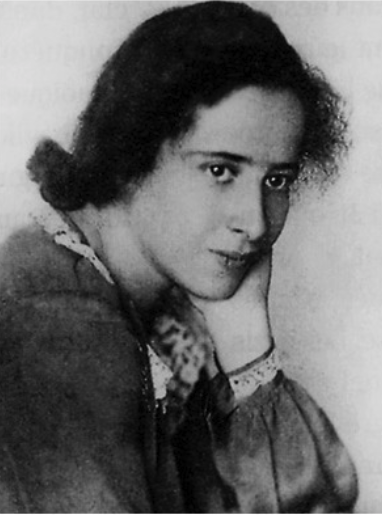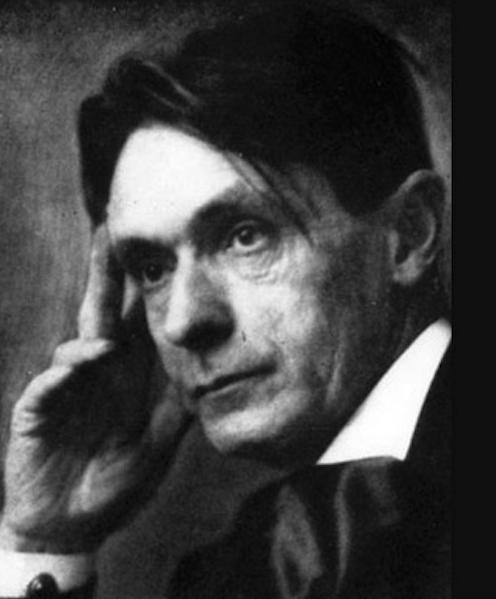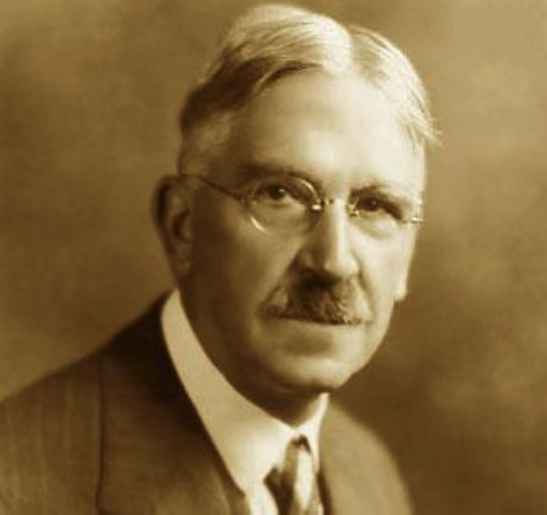Education
Questions
Collections of questions useful for practice, review and quizzes. They are set up here with javascript drop downs to optionally display hints and solutions.Quizzes
A collection of online interactive quizzes for testing your obedient memorization of officially-mandated factoids, as well as some of the far more meaningful observations and patterns underlying conventional reality.
Tests
These tests are designed for handing out in a classroom setting, but they are also good for individual or small group study. Related hints and solutions for each question can be included or hidden. Simply “print” from your Web Browser to get a printable version.Agendas
Collections of class schedules and agendas showing classwork and homework assignments. Probably not of much use at this time, but the underlying data structure and display functions have potential for current courses. If nothing else, this is a fairly complex example of Go Hugo data management and template development.7 Quotations on Education
“Educational enterprises do not for any length of time remain immune from the struggle of interests for power which is the dominant feature of social life under a class system.”
“It is not enough to teach a specialty. Through it one may become a kind of useful machine but not a harmoniously developed personality.”
“It is essential that students acquire an understanding of and a lively feeling for values. They must acquire a vivid sense of the beautiful and of the morally good. Otherwise they --- with their specialized knowledge --- more closely resembles well-trained dogs than a harmoniously developed people. They must learn to understand the motives of human beings, their illusions and their sufferings, in order to acquire a proper relationship to individual fellow people and to the community.”
“These precious things are conveyed to the younger generation through personal contact with those who teach, not --- or at least not in the main --- through textbooks. It is this that primarily constitutes and preserves culture. This is what I have in mind when I recommend the 'humanities' as important, not just dry specialized knowledge in the fields of history and philosophy.”
“Overemphasis on the competitive system and premature specialization on the ground of immediate usefulness kill the spirit on which all cultural life depends, specialized knowledge included.”
“It is also vital to a valuable education that independent critical thinking be developed in young human beings, a development that is greatly jeopardized by overburdening them with too much and with too varied subjects (point system). Overburdening necessarily leads to superficiality.”
“Teaching should be such that what is offered is perceived as a valuable gift and not as a hard duty.”

“The aim of totalitarian education has never been to instill convictions but to destroy the capacity to form any.”
“We do not learn from experience...we learn from reflecting on experience.”

“Love is higher than opinion. If people love one another the most varied opinions can be reconciled--thus one of tne most important tasks for humankind today and in the future is that we should learn to live together and understand one another. If this human fellowship is not achieved, all talk of development is empty.”
Selected Books on Education

Lockhart’s Lament





